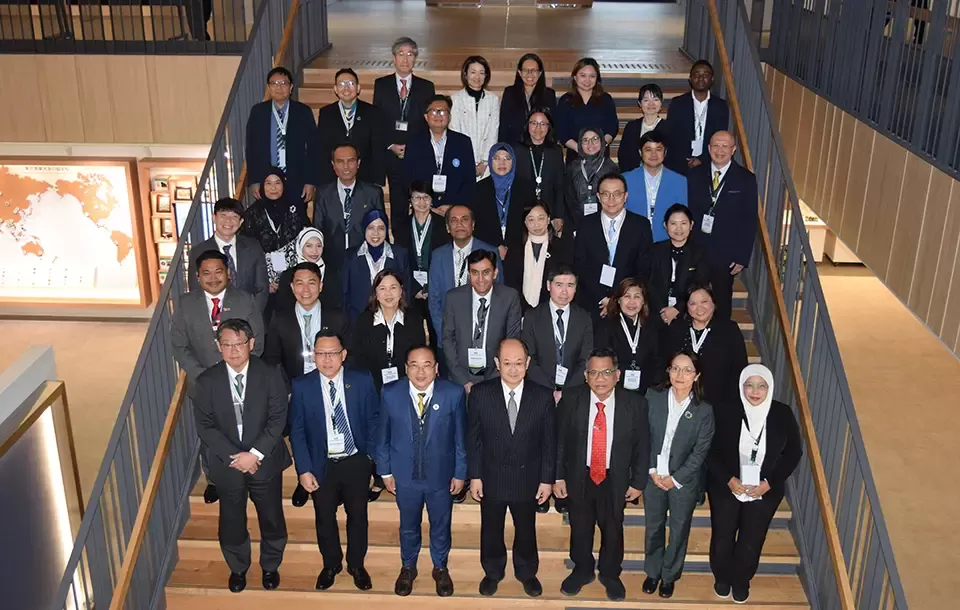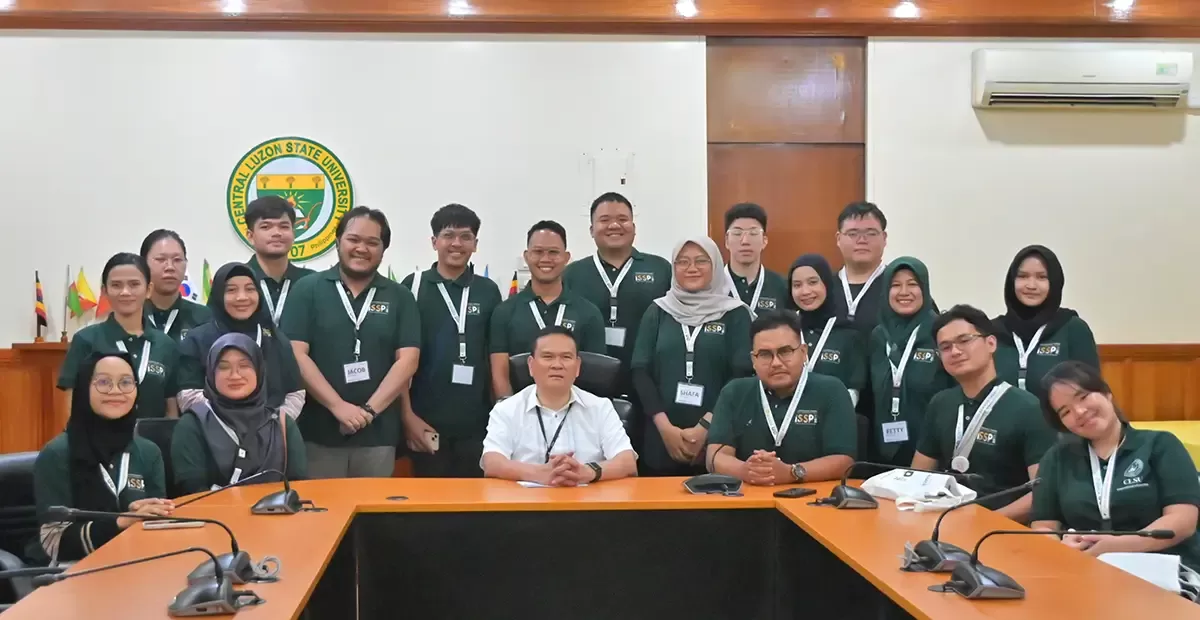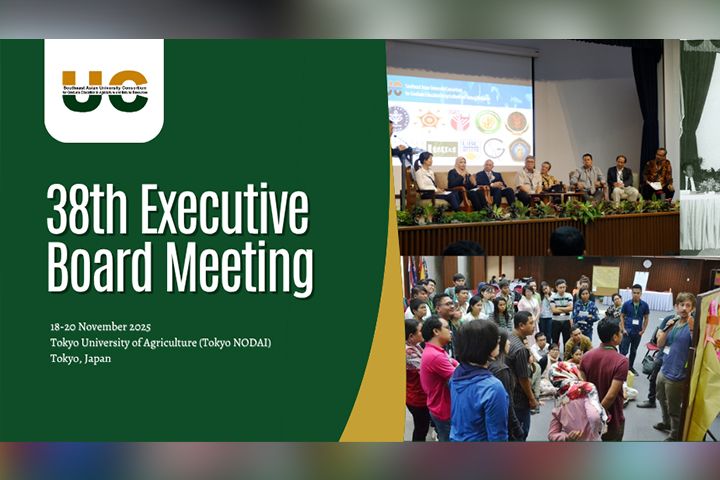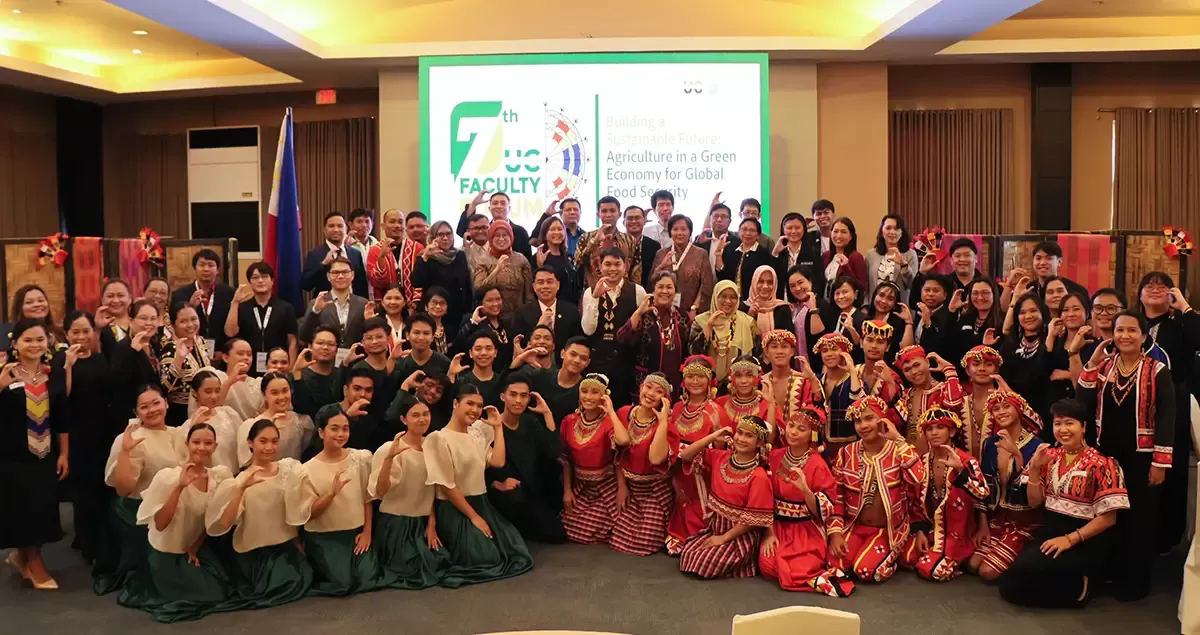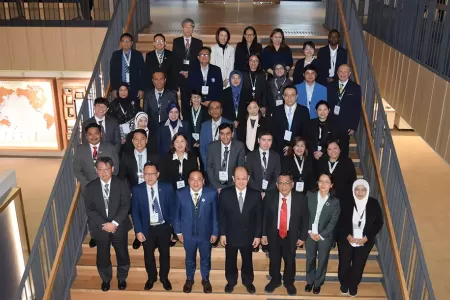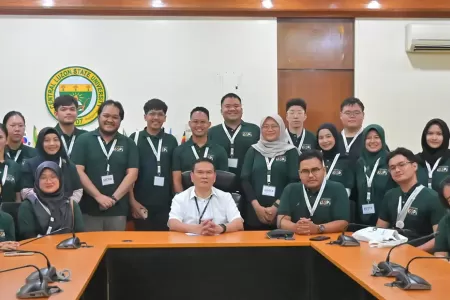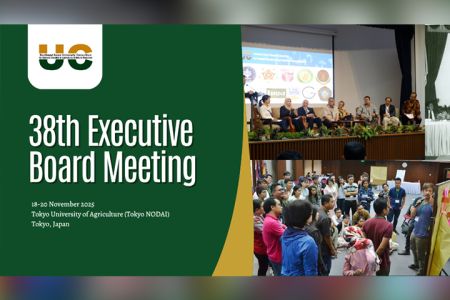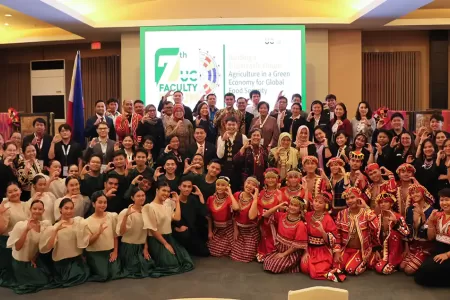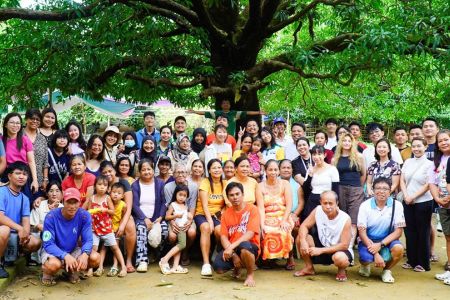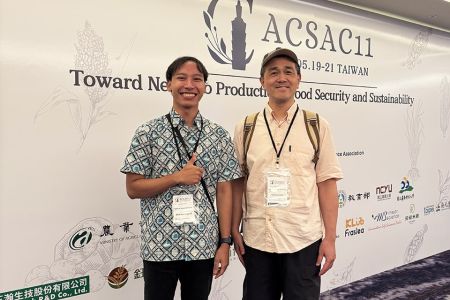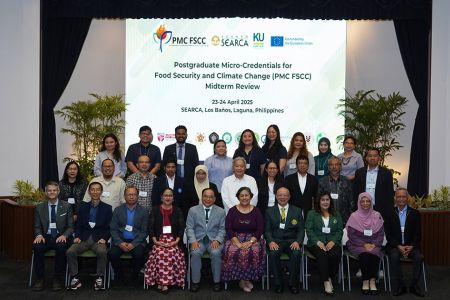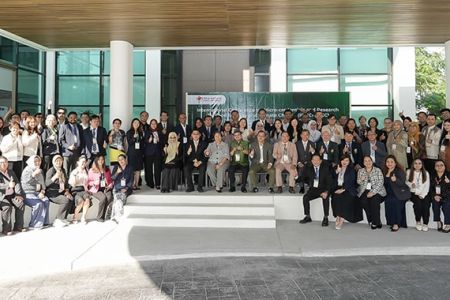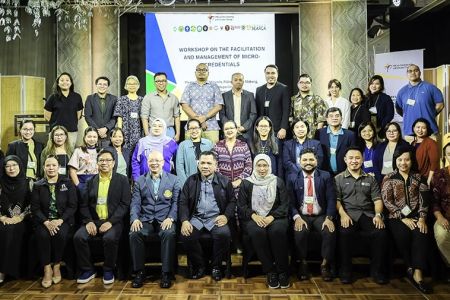Predicting Crop Yield Seeds International Interest
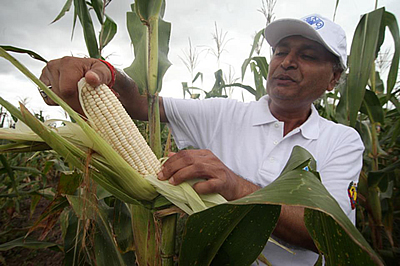
In accord with one of the world's largest seed companies, UQ's Queensland Alliance for Agriculture and Food Innovation (QAAFI) has bolstered up its ever increasing reputation for high-impact science by co-developing innovative new crop technology.

Prof. Graeme Hammer, director of QAAFI's Centre for Plant Science, with the international seed company Pioneer Hi-Bred, a DuPont business, is leading a team of UQ scientists to develop a world-class computer model that assists farmers and scientists to better predict crop yields.
The work uses the Agricultural Production Systems Simulator (APSIM) software platform, developed in Australia through collaboration of CSIRO, the Queensland Government, and the University of Queensland.
The advancement of the maize crop modelling capability in APSIM with Pioneer has ushered in fast-tracking more effective breeding of drought-tolerant hybrids. This ultimately means that growers worldwide will be better able to meet the increasing demands on agricultural productivity.
With this platform, researchers are able to input many specific characteristics on how experimental plants behave under test conditions, and facilitates prediction of those few that will respond best under drought conditions in the field.
The state-of-the-art modelling capability integrates the latest understanding of crop reactions to drought.
Recently joining a European Commission-sponsored research consortium on DROught-Tolerant Plants (DROPS) are UQ and Pioneer, who has contributed their expertise and state-of-the-art modelling platform for use by the consortium. To improve drought-tolerance research in maize and other crop plants, DROPS is starting to develop novel tools and breeding strategies.
"Pioneer and UQ scientists will work together with consortium scientists to improve the modelling platform so that it can accept even more traits, thereby increasing the utility of the platform,"Prof. Hammer said.
"Members of the consortium will then have access to the resulting advanced modelling platform to facilitate their further drought research in a number of crops."
Prof. Hammer's research, its focus being the water productivity in cereals, is about the physiology and genetics of complex adaptive traits in field crops. This supports the development of mathematical models of crop growth, development and yield that allow simulation of consequences of genetic and management manipulation of crops in specific target environments. His research capabilities are focused on the major cereal crops: sorghum, maize and wheat.
He works together with plant breeders, geneticists, molecular biologists and agronomists in a range of national and international research projects in both public and private sectors.
Media: Professor Graeme Hammer
Director
Centre for Plant Science
Queensland Alliance for Agriculture and Food Innovation
QAAFI Communications
Ron Hohenhaus
0417 425 510
SOURCE: UQ News| 7 February 2012

